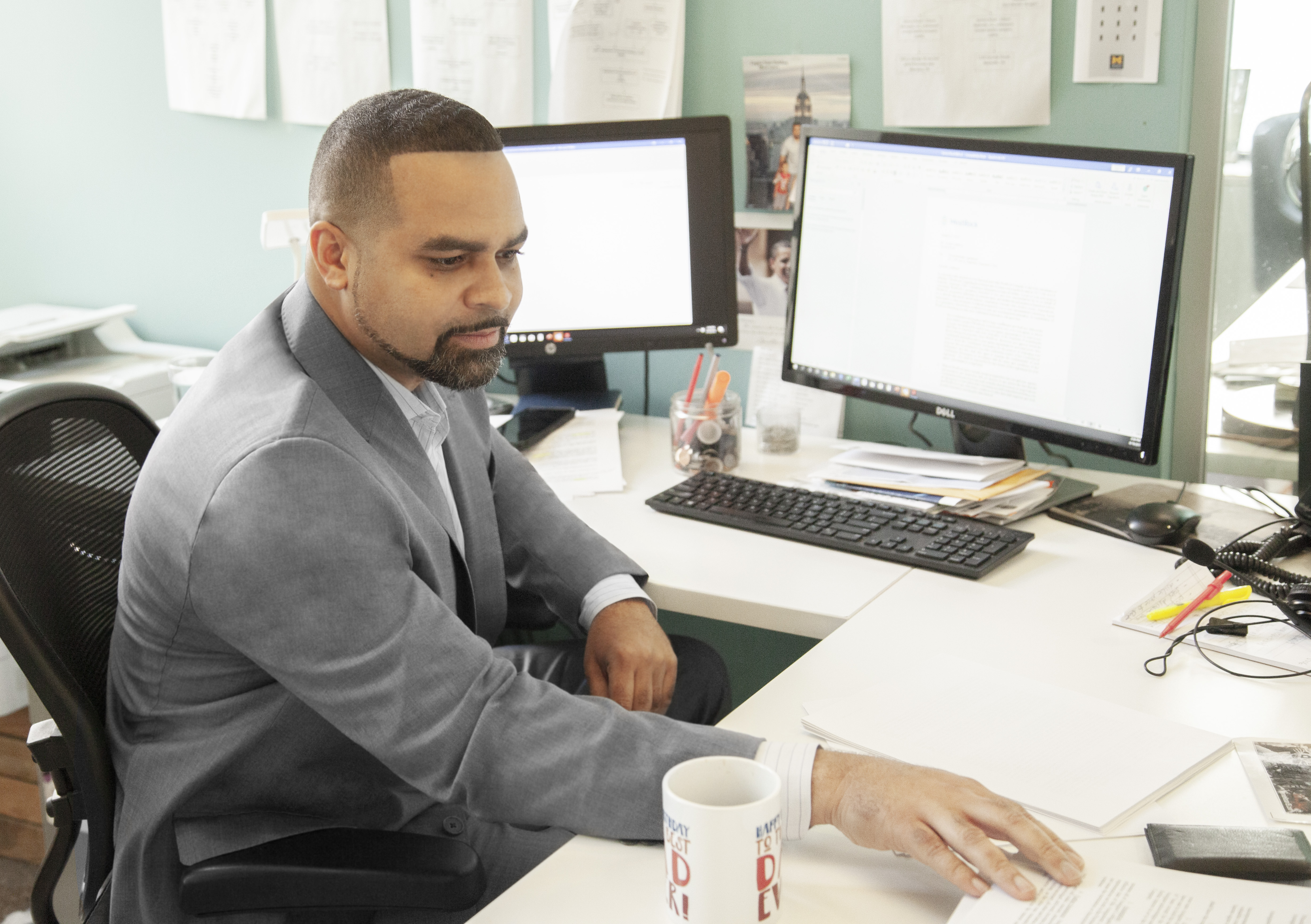
Wisconsin, USA, 28th August 2025, ZEX PR WIRE, With over 20 years of experience navigating the high-stakes world of commercial real estate and structured finance, Michael Fralin is no stranger to pressure. He’s helped structure complex multi-billion-dollar deals, served as general counsel at SomeraRoad Inc. during its explosive growth, and advised major banks and real estate firms throughout his career.
But in a new long-form interview published this week, Fralin is using his platform to call attention to a different kind of challenge: the hidden cost of hustle culture and the need for more grounded, deliberate work habits across industries.
“I used to define success by how packed my calendar was,” Fralin says. “Now I define it by how clearly I can prioritize, focus, and execute. You don’t need to move faster—you need to move better.”
Why It Matters Now
According to the American Psychological Association, burnout affects nearly 79% of workers in the legal, finance, and real estate industries—among the highest across all sectors. The World Health Organization now classifies burnout as a workplace syndrome, characterized by mental exhaustion, reduced effectiveness, and detachment.
Fralin believes this isn’t just a personal issue—it’s a systemic one.
“We’ve created an environment where being constantly busy is rewarded, even if it leads to poor decision-making and mental fog,” he says. “The truth is, small habits—done consistently—are more powerful than any hack.”
Lessons from a Non-Linear Career
Fralin’s career hasn’t followed a straight line—and he’s not shy about it. After stints at top law firms like Cadwalader and Sidley Austin, he left traditional practice to run a children’s activity franchise for three years.
“People thought I was crazy,” he admits. “But I learned how to manage people, run payroll, and make tough calls with no safety net. That made me a better lawyer and a more well-rounded professional.”
He later returned to law and became the first hire at SomeraRoad Inc., where he helped grow the firm from zero assets to $2 billion in transactions and 70+ real estate deals across the U.S.
“We were building everything—legal systems, compliance, communications, financial models—from scratch,” he says. “That kind of pressure forces clarity and creativity.”
Small Changes, Big Impact
Throughout the interview, Fralin shared practices that have transformed how he works—and how others might rethink their own approach to career and life:
- Write down what you actually did each day, not just what you planned.
- Say yes before you feel ready—that’s where the most growth happens.
- Step away when overwhelmed: Fralin says folding laundry or taking a walk often unlocks more clarity than hours of grinding.
- Build trust through shared work, not just coffee meetings.
“Most of my best professional relationships weren’t built at networking events. They came from being in the trenches together on a deal or project,” he says.
Call to Action: Start With 15 Minutes
Fralin isn’t launching a movement or a productivity app. His ask is simpler:
“Take 15 minutes at the end of each day. Ask yourself what worked, what didn’t, and what matters tomorrow. If more people did just that, I think we’d see real change—in businesses, in mental health, and in how we define success.”
In a culture that often rewards speed over thoughtfulness, Fralin’s message is a timely reminder that building something meaningful—whether it’s a business, a deal, or a life—starts with slowing down just enough to see clearly.
To read the full interview, visit the website here.
About Michael Fralin
Michael Fralin is a senior real estate attorney at Bogal & Kahn LLP. His career includes key legal roles at Cadwalader, Sidley Austin, J.P. Morgan, and SomeraRoad Inc. He is a University of Michigan graduate, Boston College-trained lawyer, and proud dad of two. Fralin splits his time between New York and Martha’s Vineyard, where he reflects, resets, and watches his beloved Michigan Wolverines.
Contact: info@michaelfralinattorney.com
Disclaimer: The views, suggestions, and opinions expressed here are the sole responsibility of the experts. No Clear Bulletin journalist was involved in the writing and production of this article.
